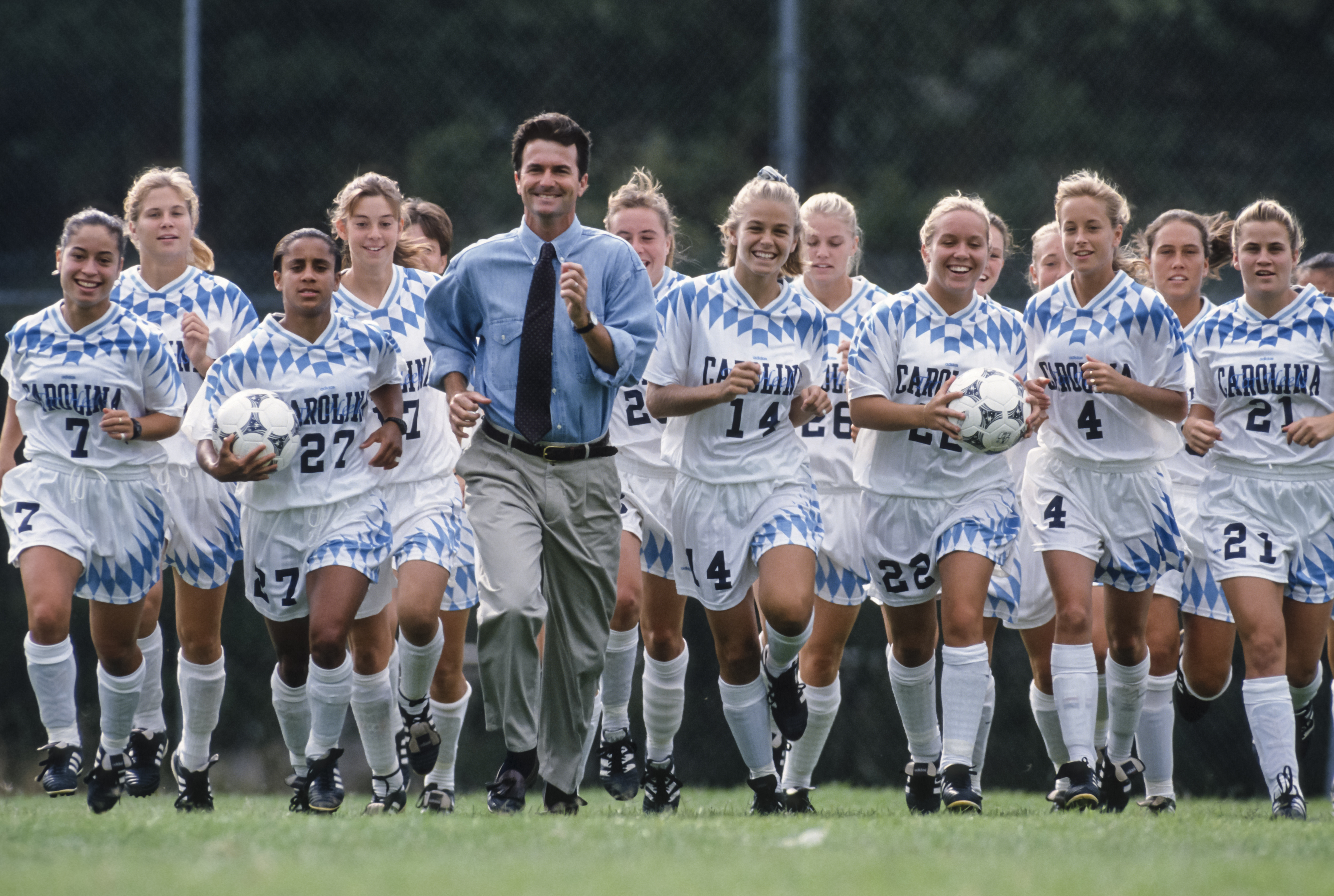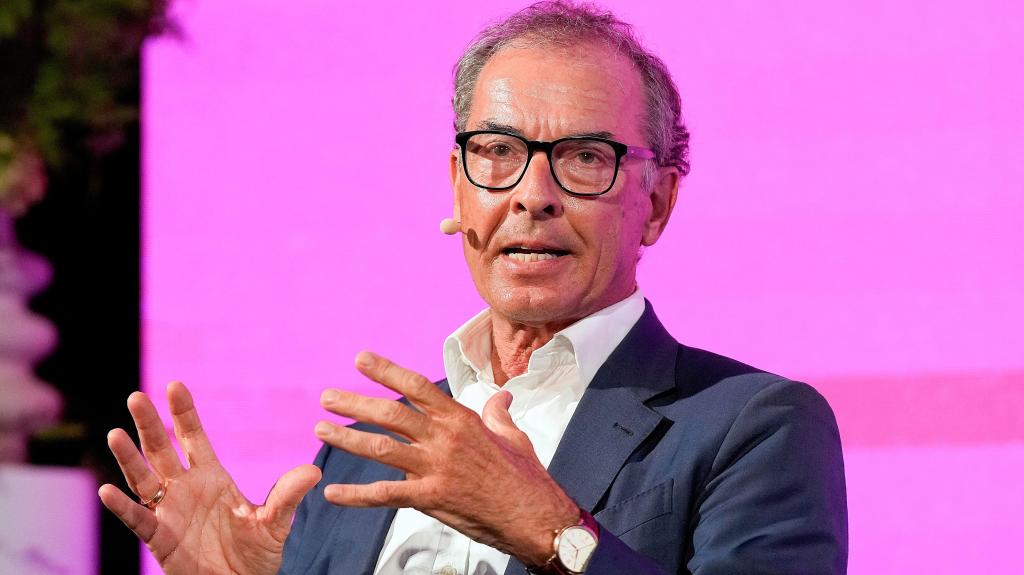The Importance of Risk-Taking in Business and Innovation
Elon Musk, the CEO of Tesla, stated, “This is how civilisations decline. They quit taking risks.” He elaborated that an excess of success can lead to a diminished appetite for risk-taking. Musk argues that the growing number of critics is undermining the doers in society.
Mark Zuckerberg, co-founder of Facebook, echoes this sentiment, asserting that in an era of rapid change, the only strategy guaranteed to fail is avoiding risks.
The lack of risk-taking has been cited as a crucial factor contributing to the underwhelming economic performance of several nations, particularly highlighted in discussions about the UK in the 21st century. Entrepreneurs in the tech industry have voiced concerns that investors and the media often emphasize short-term results at the expense of long-term growth.
Will Shu, co-founder and CEO of Deliveroo, emphasizes the necessity of risk-taking for economic vitality. He argues, “Taking some risk is important because otherwise you just have an economy that is focused on tick-box checking dividends.” This reflects a belief that while short-term gains are acceptable, sustainable industry growth relies on more progressive thinking.
Understanding the boundaries of possibility is crucial, especially evident in the realm of medical research. Pharmaceutical companies invest significantly in clinical trials to assess whether their products are effective. While these trials can incur costs in the hundreds of millions and span years, taking that leap is essential.
Novo Nordisk, now Europe’s largest company, achieved new heights with its weight-loss drug Wegovy, which was born from innovative research into its diabetes treatments.

However, there was initial trepidation about the risks associated with the trials. Mads Krogsgaard Thomsen, CEO of the Novo Nordisk Foundation, recalled legitimate concerns about whether the trials would yield any significant findings or just confirm existing diabetes treatment benefits. Ultimately, they chose to proceed, leading to groundbreaking results.
Additional success can be seen in the airline industry with Wizz Air, founded in 2003 by Jozsef Varadi in Budapest. It has rapidly expanded to serve over 60 million passengers annually, positioning itself as a formidable low-cost competitor across Europe.
Varadi’s strategic vision hinged on the belief that the European Union’s expansion would increase travel, a prediction that materialized. Yet, to stand out, Wizz Air needed to not just attract travelers but also attract them away from well-established competitors.

Varadi asserts that private airlines are natural risk-takers in contrast to state-owned carriers, which operate under different mandates. He believes in the necessity of calculated risks to navigate the competitive landscape.
“If you want to avoid a heart attack, you don’t start an airline,” he describes. He stresses that risk and the potential for failure are inherent in entrepreneurship, fostering a culture at Wizz Air where calculated risks are welcomed and failures are viewed as learning opportunities.
This model involves frequent testing of new routes, with 15 to 20 percent of their capacity constantly under evaluation. Coupled with investments in a new generation of fuel-efficient aircraft, Wizz Air is foreseeing superior operational efficiency compared to its rivals.

A Coaching Legacy
The University of North Carolina at Chapel Hill’s women’s football team boasts a remarkable history, clinching the college championship title 21 times under the long-term tutelage of Anson Dorrance. Dorrance, who began coaching in 1979, made a significant impact on the women’s game and has been credited for developing some of the sport’s finest talents.
Numerous elite players and coaches in women’s football have emerged from UNC, including legends like Mia Hamm and Lucy Bronze, along with influential coaches like Sarina Wiegman, who led England to victory at Euro 2022. Dorrance’s mentorship was crucial during the inaugural Women’s World Cup in 1991, where a significant portion of the US team hailed from UNC.

The success and nurturing environment at the University of North Carolina exemplifies how having the right guidance fosters talent. In business, similar principles apply—effective leaders who embrace risk can inspire their teams to innovate and explore new possibilities.
Will Shu notes that over 50 former Deliveroo employees have ventured into entrepreneurship, which he sees as a positive development for the economy and entrepreneurship culture. Their experiences at Deliveroo equipped them with insights into what it takes to succeed in business.
According to Shu, these individuals are not only motivated by capital but also by a mindset shaped by their past roles, reinforcing the idea that understanding success and its possibilities is integral to entrepreneurial growth.
© Graham Ruddick 2024. Adapted from Risk Roulette: The surprising reasons why some businesses work and others fail by Graham Ruddick, published by Kogan Page.




Post Comment